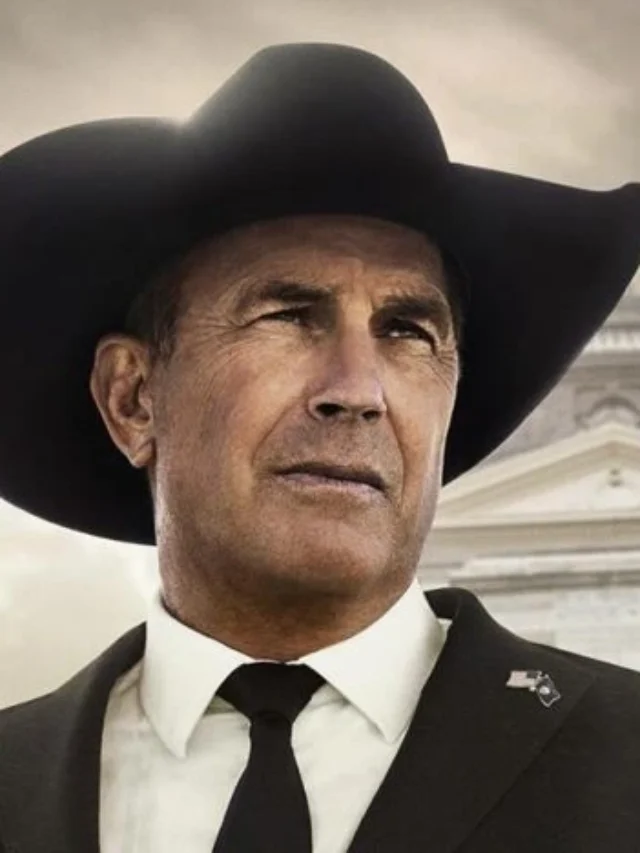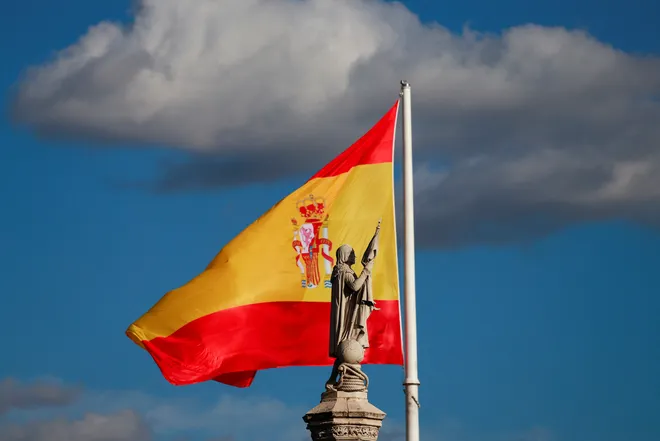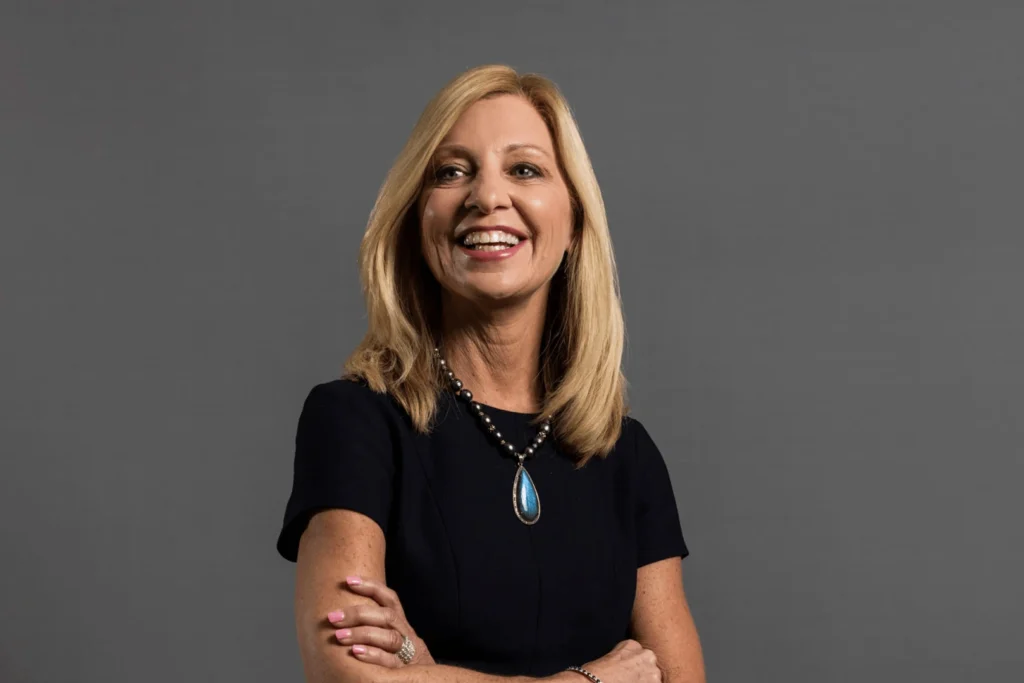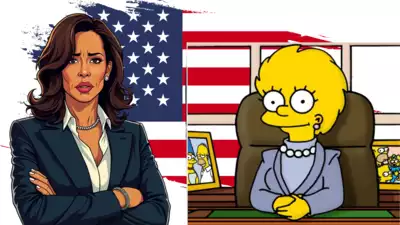Last year, the Biden administration issued a proclamation recognizing Indigenous Peoples’ Day for the third year running. The commemoration of Native American history and culture is now federally recognized alongside Indigenous Peoples Day Columbus Day, which has historically been celebrated on the same day. a national holiday since 1937. Still, in recent years some have advocated for the day to be centered on Indigenous peoples rather than the explorers who brought violence and slavery with them on their journey to the Americas.

Understanding the Holidays
Indigenous Peoples Day and Columbus Day are celebrated on the same day in October. While has been celebrated for many years, Indigenous Peoples’ Day is a newer holiday that aims to honor the rich cultures and history of Indigenous peoples in the Americas.
When is Columbus Day 2024?
On Monday, October 14, 2024, Indigenous Peoples Day Columbus Day will fall. These holidays occur on the second Monday of October every year.
Post offices, many public schools, and some banks will be closed. The full list of closed days is here.
The Story of Columbus Day
Columbus Day marks the arrival of Christopher Columbus in 1492. For many, it has been a time to celebrate exploration and discovery. However, this view ignores the impact of colonization on Indigenous communities, who faced significant hardship as a result of European settlements.
Is Columbus Day a federal holiday?
Scott Stevens, director of the Native American and Indigenous Studies Program at Syracuse University, previously told US Viral stories, “To have American colonization throughout history not be seen as a problem and to have it be celebrated as a good thing is a huge problem for any of us who live in (Native-American) communities or reservations.” About 29 states and Washington, D.C. do not celebrate Day Columbus. According to renamecolumbusday.org, approximately 216 cities have renamed or replaced it with Indigenous Peoples’ Day. Some states recognize Indigenous Peoples’ Day through a proclamation, while others recognize it as an official holiday.
Read also: Leslie David Baker: The Man Behind the Iconic Stanley Hudson
Why Indigenous Peoples’ Day Matters Indigenous Peoples’ Day
is a time to recognize and celebrate the vibrant cultures, languages, and histories of Indigenous peoples. It encourages us to reflect on the struggles they have faced due to colonization and appreciate their contributions to society today. A Shift in Attitudes By honoring Indigenous Peoples’ Day, we are challenging the traditional narratives surrounding Day Columbus. This shift allows for a broader understanding of history, including the voices and experiences of Indigenous peoples. It is an opportunity to learn about their rich traditions and acknowledge the injustices they continue to face.
Celebrating Heritage Together
Indigenous Peoples’ Day invites everyone to connect with Indigenous cultures. Communities often hold events, share stories, and raise awareness of Indigenous issues. This collective celebration is meant to promote respect and understanding among all people.
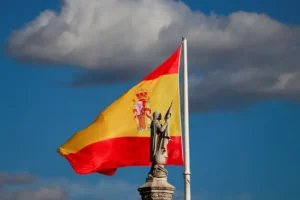
What are Columbus Day and Indigenous Peoples’ Day?
Both days are celebrated on the same day, the second Monday of October. President Franklin D. Roosevelt declared Columbus Day a national holiday in 1934 (originally celebrated on October 12) to commemorate the landing of explorer Christopher Columbus in the Americas, as well as to mark the contributions of Italian-Americans to the nation.
In recent years, there have been efforts to replace Columbus Day with Indigenous Peoples’ Day, including by Native American activists and historians who have called for a reevaluation of the explorer and his impact on indigenous peoples. Some states and localities now celebrate the second Monday of October as Indigenous Peoples’ Day instead of or in addition to Columbus Day.
